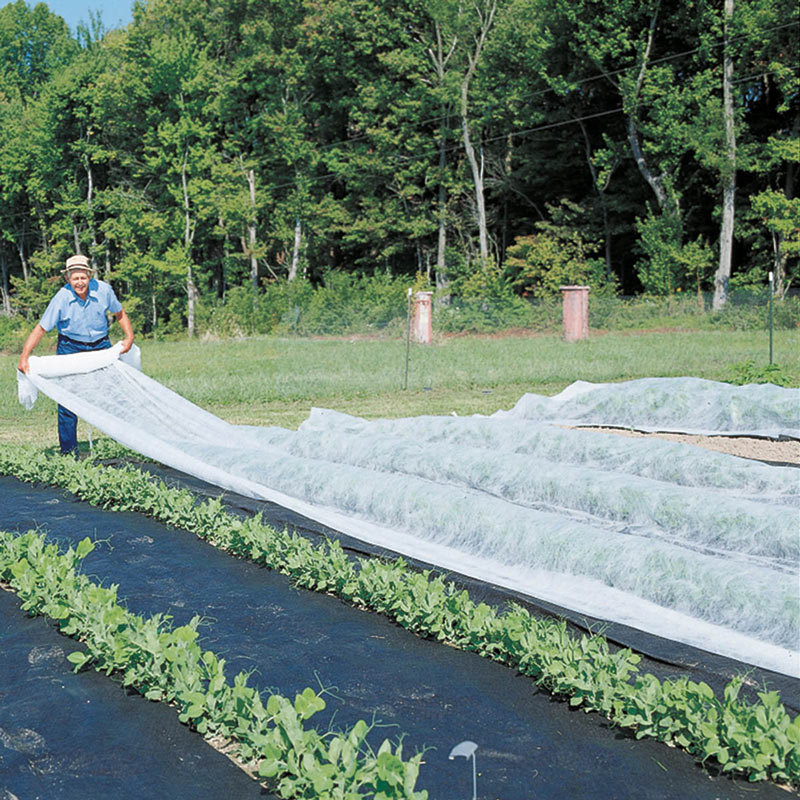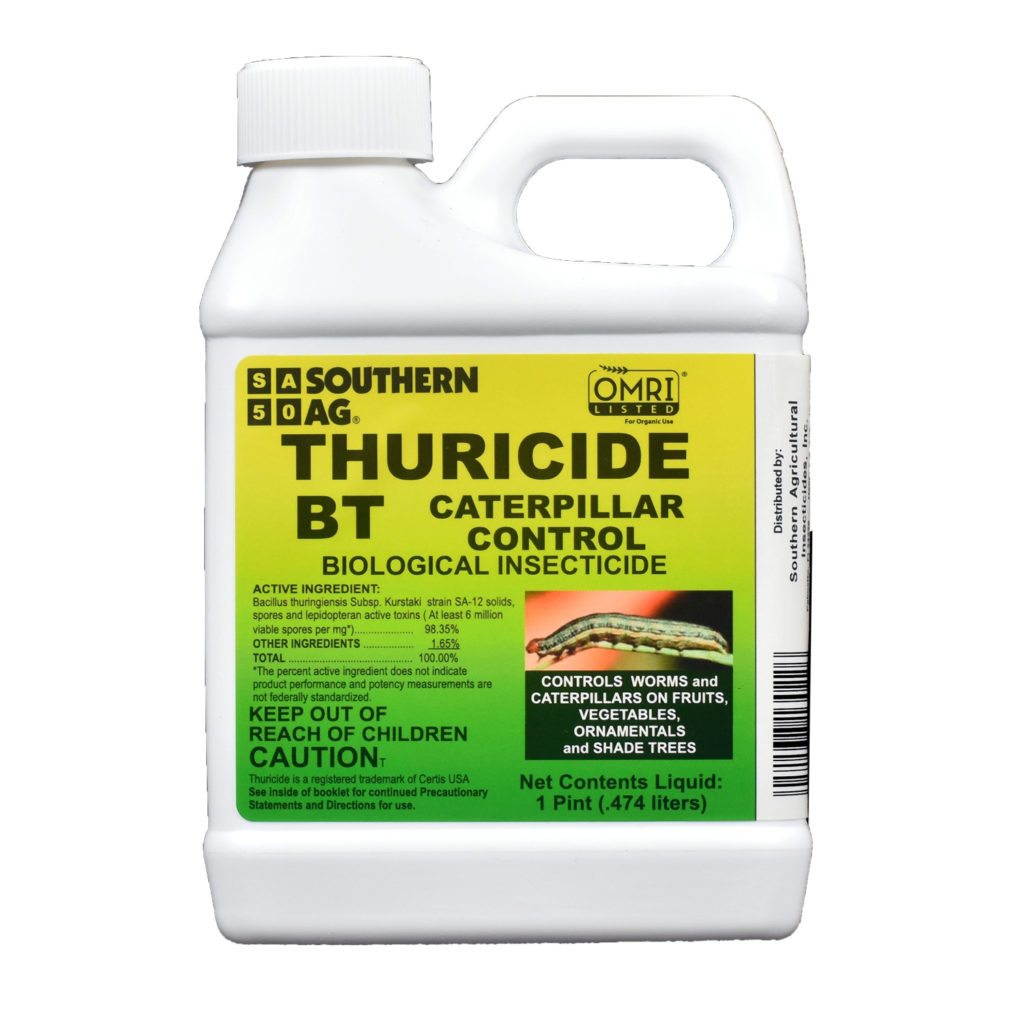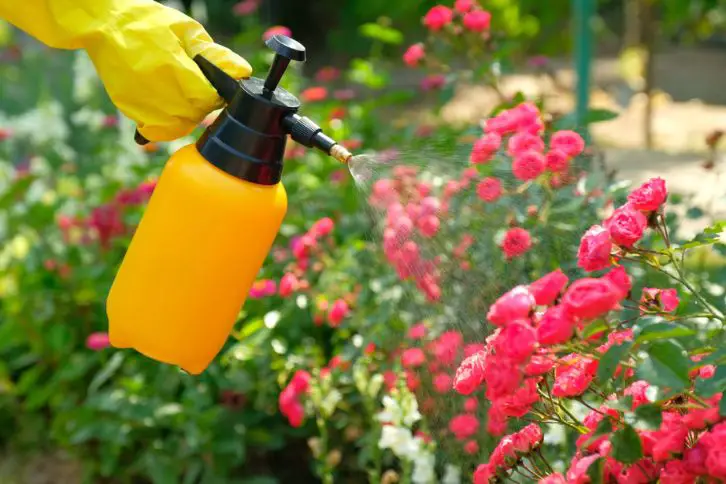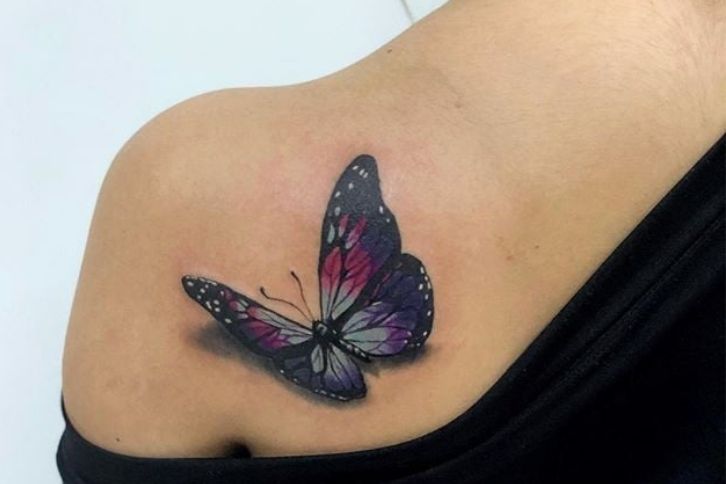If you have a pest infestation on your hands, think organic pest control is safer than using chemicals. Eating fresh produce may prompt you to have your farm; the farmer’s market cannot give the same effect of farm to table. Pests can still pose a threat even if you run a large-scale farm.
Pests in your home, garden, or farm can be a severe issue since they destroy your plants. You must know the type of best you are dealing with since there is a variety of organic pest control. We will go through the ten best organic pest control and how to use them effectively.
What Is Organic Pest Control?
Whenever organic is added to any item, it makes it natural; that is the new norm. Organic pest control is a realistic option to kill or repel pests. They can be traps or non-toxic poison that kill insects and deter them from destroying your crops. Organic pest control has a low environmental impact and is very effective in targeting and controlling pests.
It is a safer option for your home garden, especially with pets and children running around. The advantages of organic pest control are numerous; for one, they don’t have a strong smell like most chemical pesticides. Going the natural route is less likely to cause an allergic reaction. They are also a cheaper alternative.
10 Best Organic Pest Control
Below are ten of farmers’ most trusted natural pesticides, based on their effectiveness. You can choose any of them depending on the pest issues you might be having.
1. Floating Row Covers

Row covers are made from polyester fabric, which is white and porous. They serve as a barrier against insects without blocking the plants’ need for sunlight. The material comes measured in yards, so buy the amount that will cover your crops.
Row covers come in light and heavy weight types suitable for different seasons. In summer, lightweight row covers are preferred because you don’t want the heat to affect your plants. When it’s colder, please remove the heavyweight row covers; they will help keep bugs at bay and regulate the temperature.
Row covers can effectively prevent pests like aphids, flea beetles, cabbage moths, and squash bugs from harming your plants. To use, add wooden frames by the side of your plants, or make cages for your crop. You don’t want to place the fabric directly on the plants, so after measuring the length, that can cover the entire plant and cut.
Lay the fabric over the plant but attach it to the frames. Most people like to use row covers when their plant is still tender, but you can cover the plant till it is fully grown. However, if it is a plant that has a flower that requires insects to pollinate it, then you shouldn’t cover it for so long.
2. Insecticidal Soap Spray

Insecticidal soap comes with natural ingredients, including a long chain of unsaturated fatty acids from animal fats. They have the power to melt the skin of insects when they encounter them. You can easily find insecticidal soaps in insect control sections, but do not confuse them with herbicidal soaps that kill herbs.
The best way to use insecticidal soap is to spray on the target insect immediately after you spot them. That is because if you pre-spray the leaves, the soap is no longer active when it dries. Although insecticidal soaps are harmless, they can burn the leaves of certain plants.
When you get a new insecticidal spray, do a test run with a few leaves, and wait for two days. If nothing happens to the plants, then you are good to go. You can use insecticidal soaps on soft-bodied insects, mites, aphids, and nymph stage bugs.
After spraying, rinse the soap off the crops if you notice the leaves are getting lots of sunlight. To reduce the side effects, avoiding spreading your plants with insecticidal sprays on a hot day is always better.
3. Neem Oil

Neem Oil comes from the seeds of tropical neem, and a variety of them are available. Find a pure one and apply it to the pest-infested plants. This common household item is effective in controlling pests like Japanese beetles. It might not kill the adult insect on the spot, but it prevents them from mating and eating.
When they do not eat, they will leave your farm or die; without mating, the pest cannot spread. The best part is that neem oil is harmless to pets, so you can safely use it unless you have an allergy.
Read related articles:
–Do Possums Eat Rats? The Underrated Natural Pest Controller Explained
-10 Best Water Ionizer, Reviews, Price, Benefits, And Features For Your Home
–The 19 Best Essential Oil Diffusers to Make Your Home More Aromatherapeutic
4. Bacillus Thuringiensis

Organic pest control doesn’t get more organic than using Bacillus Thuringiensis, BT, as it is usually called a natural bacterium, to control the pest. You can find them in different species’ soil, which effectively targets some insect classes. They come formulated in liquid or powder forms.
When you get the powder form, you will have to mix it with water before spraying or sprinkling dry if the manual says so. Bacillus Thuringiensis works by killing the insects within days of ingestion. When you apply BT to the plants, they react and can no longer feed as soon as the insects eat them.
The bacterium gets into their system and spreads a protein that kills them. Before you buy Bacillus Thuringiensis to control pests, you must be sure of the pest problem and the crops affected. That’s because although BT targets specific insects, it can sometimes harm the harmless caterpillar of butterflies.
So, be careful how you spray and focus on pest-infected plants. BT is very powerful, and being a bacterium, you must be careful when using it. Protect your hands and face with gloves and masks to avoid inhaling it directly. That is because it can cause allergic reactions.
5. Pheromone Traps

Pheromones are natural scents most insects produce to attract the opposite sex. Over time, scientists have made artificial scents, replicating the natural fragrances used to set traps that attract the insect.
Such traps are ineffective in taking a large number of pests out since it primarily attracts males, so many people don’t like using them. You can set them out as an indicator for a new wave of pests. This will help you plan and implement measures to prevent the pest from getting to your plants.
6. Sticky Traps

These are traps made with firm material, usually bright colored like yellow, with a coat of sticky material that attracts and traps insects. They are usually very sticky and get trapped when the color lures the insect. The best way to use the trap is by placing one every 3 feet at a short height close to the plants.
You can use sticky traps to control fruit flies, leafhoppers, winged aphids, and many others when colored yellow. On the other hand, white sticky traps might only attract insects like plant bugs, whiteflies, and cucumber beetles, while the light blue traps can lure flower thrips.
So, depending on the pest infestation you are dealing with, you can choose a suitable color. Premade sticky traps are available for purchase, but you can always DIY them at home. Find a firm material of white or yellow color; if you can’t find a pre-colored one, paint the material.
Cut into small rectangles, and mix up the sticky substance. You can use a tangle-trap or any other gooey substances that can work. For easy cleaning, wrap the material with a plastic bag before placing the stick items. That way, whenever insects get trapped, you take out the plastic wrapper and reuse it.
7. Oil Sprays

When oil sprays touch insects directly, they suffocate them, which is very effective organic pest control. There are two types of oils you can use, either dormant or horticultural oils. Dormant oils are effective for killing disease spores and eggs of pests. Spay on shrubs and tree branches during the dormant season.
Horticultural oils are more lightweight than dormant oils, and they get also referred to as superior or summer oils. You can use light oils on growing plants since they dry off quickly to avoid damaging the plants. When using oil sprays, you must be careful, so you don’t harm the leaves or beneficial insects.
For best use, do not spray when it is hot, and avoid leaves that lack moisture. An effective way of using oil spray is in areas where you notice the pest. You also do not want the oils to interfere with pollination, so spray early enough so the oils evaporate before valuable insects like bees come out.
8. Parasitic Nematodes

Parasitic nematodes are not like root-knot nematodes; they attack pests like weevils, armyworms, root maggots, and soil-dwelling grubs. When they successfully get into the pest, they attack and kill them in a day or two. Parasitic nematodes occur naturally in the soil and might already be doing some free organic pest control for you.
However, you will not notice the effects because they are in small quantities, so you need to buy them to get the job done. You might need to buy them in billions if you have a large farm, as 23 million nematodes are required to populate every 1000 sqft of land area.
The parasites are minute, so they can fit into a small bag, preserved in moist soil. You can save it in a container in your refrigerator for up to 4 months. When ready to use, mix the required amount with some water and apply it to the soil. Ensure you use all the mixture, as you cannot save the nematodes once you mix with water.
The best time to apply is in the evening or when the soil’s temperature is about 16 degrees. After covering the soil area with nematodes, water the plant and allow it to do its job. If you are dealing with pests like corn earworms inside the crop, you need to get the nematodes in the location. Put the mixture in a syringe or dropper and apply it to the corn.
9. Electric Fence

Barriers are a great organic pest control option when dealing with animals like raccoons. Secure your garden with an electric fence and set it on low pressure, so it doesn’t kill the animal. You can use as many strands as needed, so there is little space to prevent the animal from slipping through.
You can add repellent spray to the fence to keep them away or lure them in with some food to allow the fence to shock them. This will prevent them from coming close to the fence in the future.
10. Spinosad

This bacterium went unnoticed until the Jamaican rum processing industry discovered it as a by-product. You can find the organism in the soil, but since its discovery, Spinosad has become used to target and kill insects like caterpillars, leaf beetle, leaf miners, and other chewing insects.
The bacterium is mild on most beneficial insects but can harm bees since you spray it on the plants directly. It is best to use Spinosad in the evening or early mornings when the pollinators are not yet active.
DIY Organic Pest control
You can make use of the natural products found around the homes. Combining the right combination of these ingredients is very effective in both repelling and killing some insects.
Organic Pest Control Recipe
You will need one head of garlic, two tablespoons of vegetable oil, 2 cups of water, and one tablespoon of bleach-free dish soap. Make a puree of the garden gloves and water and add the vegetable oil. Let it rest overnight before straining out the garlic particles. Add the dish soap and mix, transfer it into a spray bottle, and use it in your garden.
Another recipe you can try is with hot pepper; you will need half a cup. Blend in two cups of water, and allow to sit overnight, strain, and mix with dish soap. Spray this mixture around your farm to keep the bugs away, but be careful as it can burn the skin.
These ten organic pest control options should help with most garden pests. Before buying, ensure you know the pest you are dealing with, and use it the right way, so you don’t harm your plants.
Also, read related articles:
–10 Biggest Waste Of Money You Still Practice Without Realizing
–Lice in Blonde Hair: How To Spot Lice In Blonde Hair, Signs, Prevention, And Best Treatment
–How To Pop Lower Back: Easing Tension In Your Spine Like A Chiropractor






















About Me
Fashion & Beauty Enthusiast
Hi, I'm Fanti. I'm a fashion, beauty, and lifestyle enthusiast, and the ultimate curves queen. Here, I share beauty, fashion, and lifestyle tips to teach, inspire, and give confidence to all women.